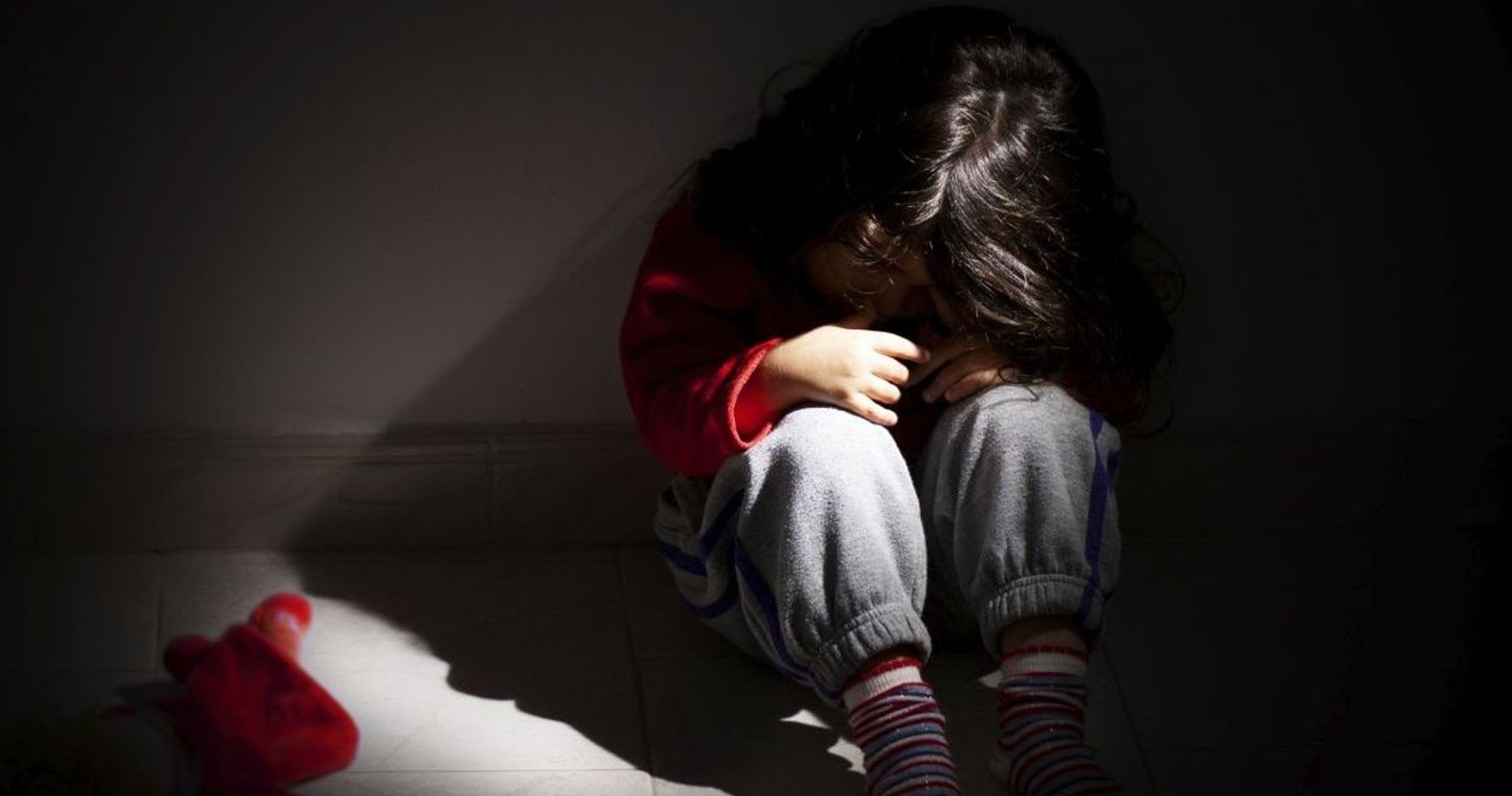Lupus, a complex disease, can target any tissue or organ of the body including skin, muscles, joints, blood, lungs, heart, kidneys and the brain. It is influenced by genetics and the environment, with stress provoking its evolution. A recent study reveals that traumas such as abuse, neglect and other adverse childhood experiences (ACE) can aggravate symptoms of lupus and lead to organ damage, depression, and declining health status.
According to Lupus Of America, this study is the first to assess children with lupus and examine outcomes associated with trauma. These findings reinforce the need for prevention of ACEs and the promotion of clinical interventions in children who have experienced ACEs.
The study included 269 adult lupus patients in California. Of those, about 63% reported at least one type of bad childhood experience, and about 19% reported at least four. Rates in the lupus patients were similar to those in the general population. The greater the number of bad childhood experiences, the worse a patient's self-reported lupus activity, depression, and overall health.
In addition, those with more than four bad childhood experiences reported nearly double the disease activity scores than those with no adverse childhood experiences. These findings were not significantly associated with doctor-assessed lupus activity, damage or severity, according to the University of California, San Francisco study.
NEXT: WHO ISSUES IMPORTANT NEW GUIDELINES FOR INFANT PHYSICAL ACTIVITY
Lupus of America adds that the study concludes that higher ACE levels and presence of ACEs were associated with worse patient-reported disease activity, depression, and health status, but not physician-assessed measures.
Dr. Kimberly DE Quatro, the lead author of the study, and a clinical fellow in rheumatology assert, "Our results support the notion that stress in the form of [negative childhood experiences] may be a factor in poor health in systemic lupus, both in disease development and in more severe outcomes.” This reinforces the idea that what occurs in childhood, often does not stay in childhood.
What’s also powerful about this study are its broad effects on an expansive analysis of adversity and trauma in childhood and a link between ACEs and health. De Quatro says, “It is a call to action to focus efforts on ACE prevention in childhood as well as clinical and mental health interventions that foster resilience in adulthood."
RELATED: 15 Ways To Manage Lupus During Pregnancy
This has lead De Quatro and her team of experts will now explore other types of stress and trauma, evaluate how the body performs and ultimately assess how it all relates to lupus outcomes.

